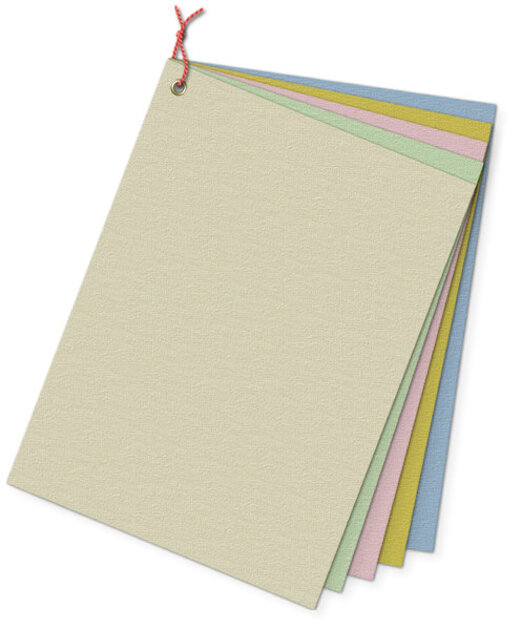
As we saw in Psychology of the Daf Kesuvos 75, the Gemara identifies a feminine quality of being able to find a husband attractive and even noble, despite glaring external and personal flaws. Yet it also is important to realize that this does not happen in a vacuum; she may be looking to find his good side but he also must endeavor to bring it out (see the Ben Yehoyada we quoted.)
Our Gemara on Amud Aleph quotes the Mishna that describes certain blemishes and occupations that are so difficult to tolerate (due to smell or physical disfigurement) that no woman should be expected to stay married under those conditions. Yet, as varied as human nature is, there may be a woman who agrees to stay married to such a man. Nevertheless, the Mishna says, should she fall to Yibum to a brother who is similarly afflicted, she may turn him down. He cannot claim, “Well, you had no problem being married to my brother who has the same illness.” Because she may rightfully retort, “I could accept living with your brother, but not with you.”
We see from here, that even in the exceptional situations where a person makes peace with a hideous flaw and physical defect it is about the whole package of the person, and not merely blind piety. The second brother did not get the pass like the first one, because frankly, she did not find him likable.

 Previous
Previous
